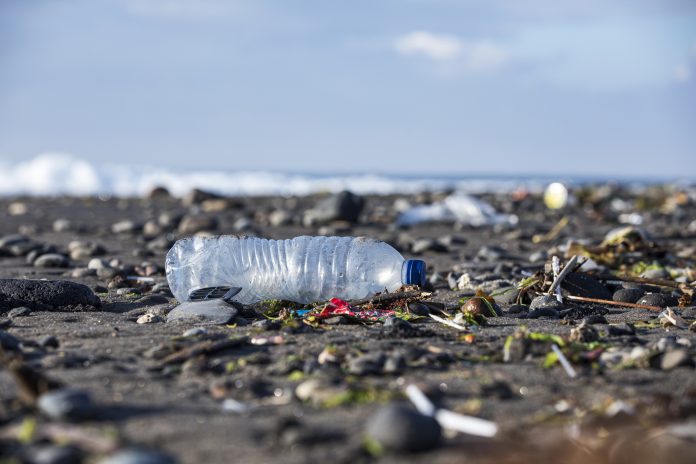The European Union is actively participating in renewed negotiations on a Global Plastics Treaty, taking place in Geneva, Switzerland, from August 5 to August 14
These talks, known as INC-5.2, will build on the progress made during previous sessions, with the hope of finally securing an international agreement to combat plastic pollution.
The negotiations follow a failed attempt to reach a final deal at the fifth session of the Intergovernmental Negotiating Committee (INC-5) held in December 2024 in Busan, South Korea. Despite the setback, negotiators succeeded in drafting a foundational text that now serves as the basis for further discussions in Geneva.
Plastic pollution reaches alarming levels
According to 2021 data from the United Nations Environment Programme (UNEP), global plastic production has increased to 400 million tons per year. However, only a small fraction of this is recycled, while 12% is incinerated. The remaining plastic waste continues to pollute ecosystems worldwide, mainly marine environments such as oceans and rivers.
With plastic production expected to triple by 2060 if current trends persist, environmental and health risks are escalating rapidly. Plastics not only harm wildlife and marine life but also pose a potential risk to human health through microplastic contamination.
The EU’s calls for a whole life cycle approach
The European Commission is advocating for a treaty that takes a life-cycle approach to plastics. This includes addressing issues from production and product design to consumption, waste management, and disposal.
The EU’s proposals emphasise the need to phase out certain harmful plastic products and ensure environmentally sound practices for managing plastic waste.
The EU is particularly pushing for binding global measures that will reduce overall plastic production, encourage sustainable alternatives, and strengthen international cooperation in waste management and pollution control.
As part of the effort to push the treaty forward, Commissioner for the Environment, Water Resilience, and a Competitive Circular Economy, Jessika Roswall, will attend the Ministerial Segment of the negotiations on August 12. Her presence is intended to underline the EU’s strong commitment to securing a meaningful agreement and to urge other nations to show flexibility and ambition during the talks.
The EU is also a leading member of the High Ambition Coalition to End Plastic Pollution, a group of 70 countries working toward ending plastic pollution by 2040.
Through this coalition, the EU wants to create wider international support for high-impact measures that go beyond voluntary actions.
The following steps towards a global agreement
The outcome of the Geneva session will be critical in determining whether the world can agree on a legally binding treaty that effectively tackles plastic pollution on a global scale. If successful, it would mark a significant milestone in international environmental cooperation.











